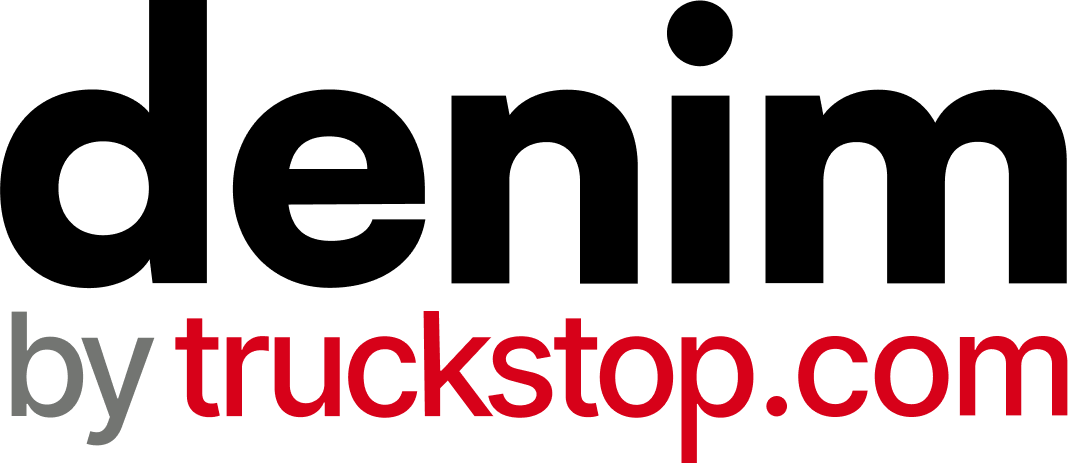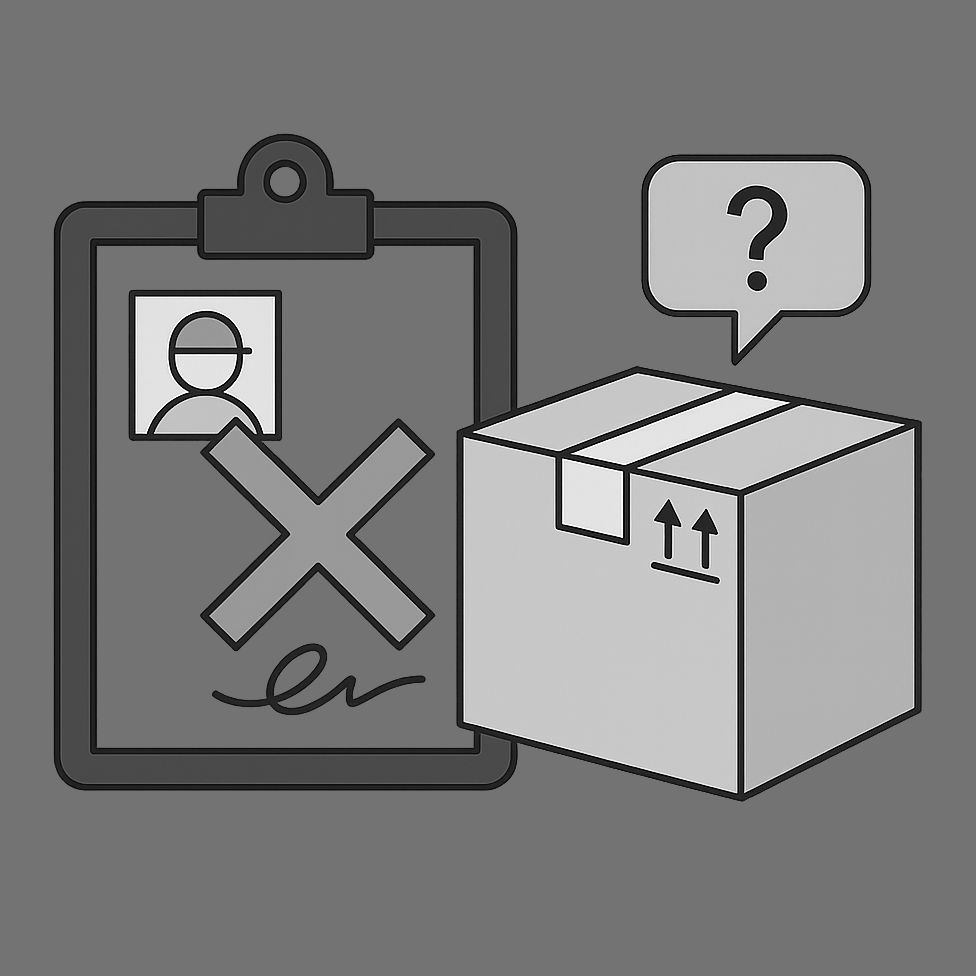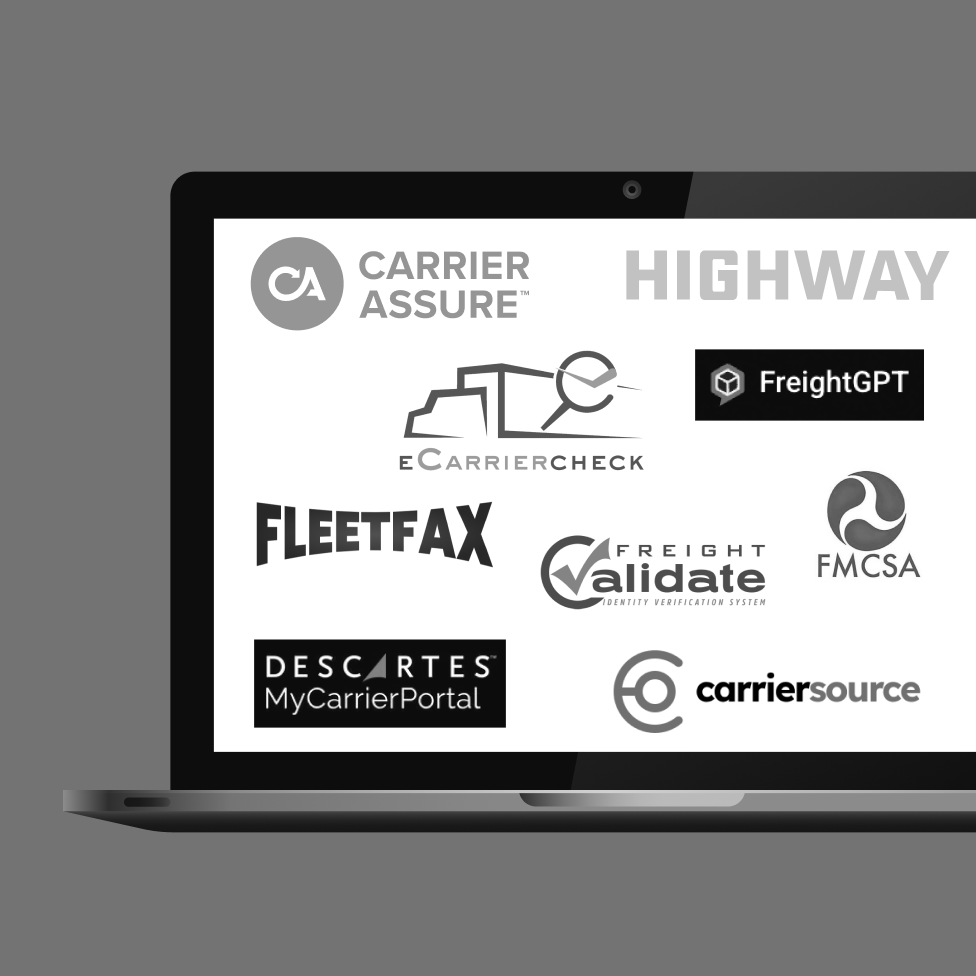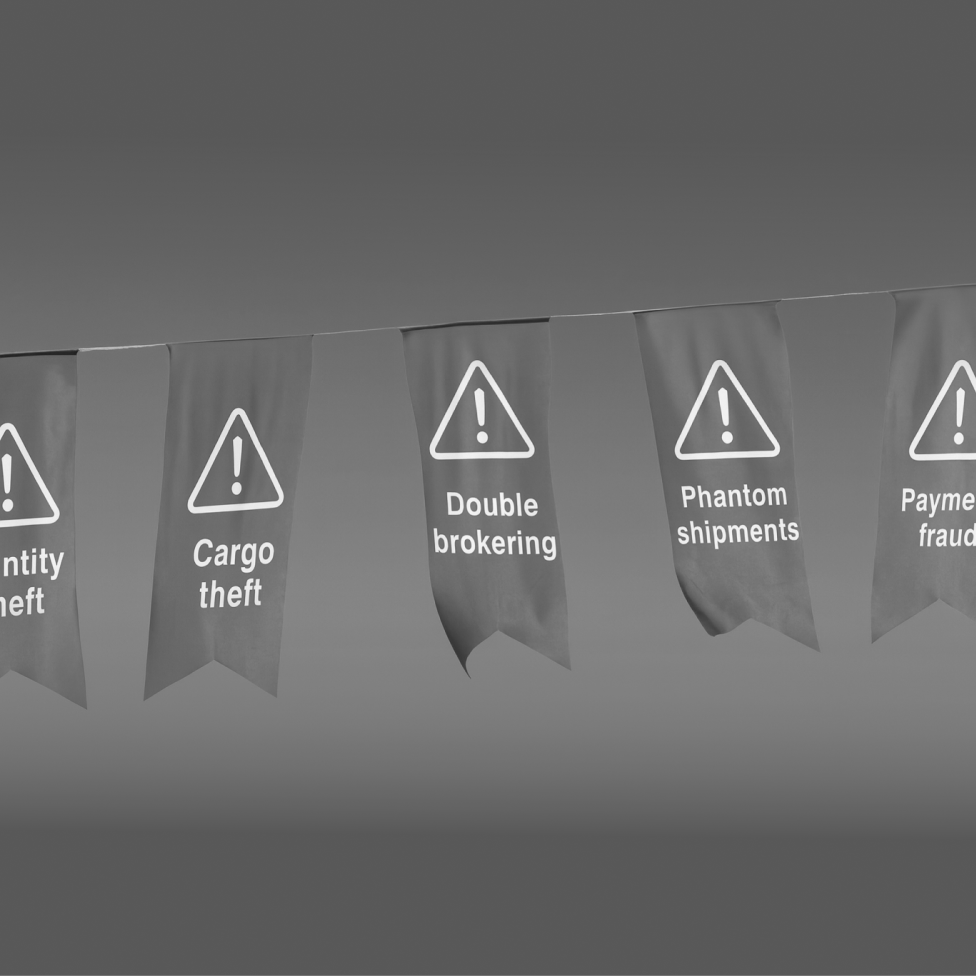Tax season doesn’t have to be stressful. For trucking companies, managing rising expenses—like fuel costs—can feel overwhelming. With federal fuel taxes at 24.4¢ per gallon of diesel and 18.4¢ per gallon of gasoline, plus state averages of 34.7¢ for diesel and 32.4¢ for gasoline (as of January 2024), every penny counts.
The good news? Smart tax planning can help you keep more cash in your business. This guide breaks down six tax deductions that could make a real difference in your bottom line.

Download our complete guide to streamline your accounting and gain better financial insights with batch entry.
6 key tax deductions for trucking companies
Owning a business comes with countless tax considerations. While every business is different, here are some of the key tax deductions we have seen trucking companies take for their business. Of course, always contact a tax professional to confirm if these deductions work for you and your business.
1. Equipment depreciation
Purchasing or upgrading trucks and equipment is one of the largest expenses trucking companies face. Thankfully, tax strategies like Section 179 of the IRS tax code help offset these costs.
Section 179 allows businesses to deduct the immediate expense of depreciable business equipment instead of capitalizing and depreciating the asset over a period of time. The Section 179 deduction can be taken if the piece of equipment is purchased or financed and the full amount is eligible for the deduction.
For example, if you purchase a $150,000 truck and qualify for Section 179, you can deduct the entire amount, significantly reducing your taxable income. According to the IRS, the maximum expense deduction is $1,220,000 for 2024.
2. Fuel and maintenance
Fuel and maintenance are major operational costs for trucking companies, but the good news is that they may be fully deductible.
Whether it’s fuel purchases, oil changes, or tire replacements, the key to accurately being able to deduct these expenses is to keep detailed records to show exactly how much you spent on these items. Tracking fuel costs can be difficult, but having a fuel card for your trucking company can help you track these expenses more easily. For example, Denim’s Fuel Card provides detailed reports for tax purposes.
3. Insurance premiums
Insurance is another significant expense for trucking companies, and these premiums may be deductible.
From cargo insurance to commercial liability, the premiums you pay to protect your business are eligible for tax deductions.
For example, if you spend $1,200 annually on liability insurance, you can deduct that amount from your taxable income, directly lowering your tax liability.
But, there are some insurance premiums that may not be deductible, according to AmTrust Financial. These may include:
- Certain life insurance or annuity premiums
- Premiums paid on insurance to secure loans
- Premiums paid for a policy that covers earnings lost due to sickness or disability
- Amounts paid to set up a self-insured reserve.
If you’re not sure which premiums are deductible, consult your tax advisor before filing your small business tax return.
4. Communication costs
Staying connected is critical for trucking company operations, and those communication expenses can also provide tax benefits. If you have a phone line specifically for your business, the cost may be fully deductible. If you use a personal line for both business and personal use, you’ll need to calculate the percentage of business usage to deduct.
You may also be able to deduct the cost of apps or software essential to your business, such as navigation tools or load boards. For example, a load board costs about $145/month for brokers. This means that you may be able to deduct $1,740 for a year of paying for the software.
5. Education and training
Ongoing education and training are not only investments in yourself and your business, but may also be tax-deductible. Costs for truck driver schools, safety courses, and maintaining your commercial driver’s license (CDL) all qualify.
According to the IRS, your expenses must be for education that either maintains or improves skills needed in your present work or that your employer or the law requires to keep your present salary, status or job.
However, even if the education meets either of these tests, the education can't be part of a program that will qualify you for a new trade or business or that you need to meet the minimal educational requirements of your present trade or business.
For instance, if you attend a $1,000 safety course, you may be able to claim that amount as a deduction, which would reduce your taxable income while enhancing your skills and safety compliance.
6. Other business expenses
Lastly, you may also be able to deduct interest on factoring fees and business loans. These costs directly impact your bottom line and may reduce your tax liability.
If you’re a Denim customer, you can easily find how much you’ve spent on factoring fees in your dashboard, making it easy to track these expenses and report them when you file your taxes. We’re all about transparency and want to help you save money where you can.
How Denim supports your financial strategy
Navigating tax strategies and maintaining steady cash flow can feel overwhelming, but we’re here to help (in fact, we have a whole guide dedicated to financial planning for freight brokers and trucking companies!).
As a trusted financial partner for trucking companies, not only do we provide cash flow stability through flexible factoring, but we also offer other back office and financial solutions to help you grow your trucking company.
By handling these financial obstacles, we free up your time and resources, so you can concentrate on scaling your trucking company. With Denim’s support, you can:
- Maintain steady cash flow to reinvest tax savings into growth opportunities, such as purchasing new trucks or upgrading technology.
- Streamline administrative tasks, reducing the burden of invoicing and payment tracking.
- Improve collections management, ensuring you get paid on time without the headache of chasing overdue payments.
Denim helps you simplify your finances so you can achieve sustainable growth.
Reinvest your tax savings into growth
Effective tax strategies can help you save money and accelerate your trucking company’s growth. From equipment depreciation to fuel deductions and beyond, understanding these strategies can make a real difference in your bottom line.
Ready to take your trucking company to the next level? Explore how Denim supports trucking company owners with reliable cash flow and financial guidance. Get started today.
The guidance we’ve outlined here may change based on your specific business, tax situation, and other factors. Consult your tax advisor for tax recommendations specific to your business.
Denim’s automated solutions streamline your back-office operations. Explore our solutions to see how Denim can help your business scale efficiently.
There's a better way

